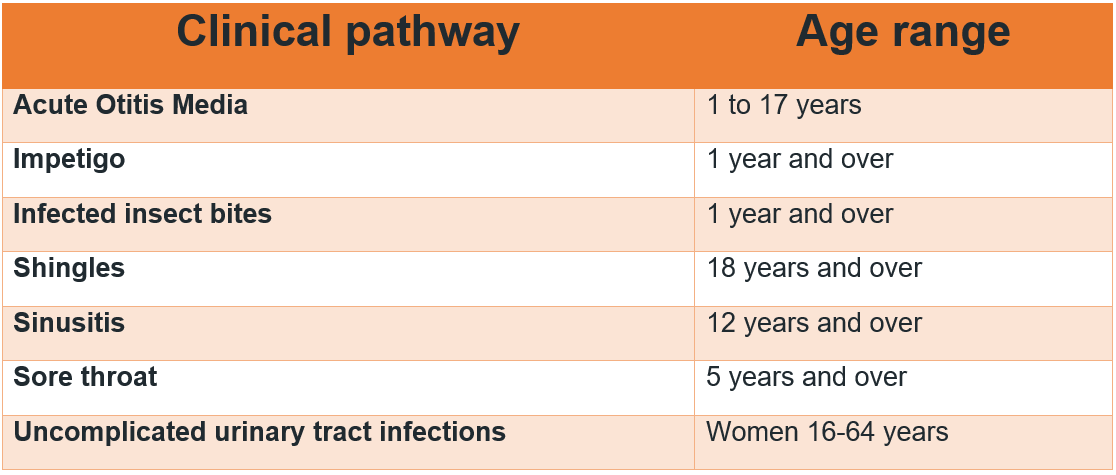
Pharmacy First: A New Dawn in Healthcare
The UK government, in collaboration with National Health Service (NHS) England, unveiled the Pharmacy First initiative on 31st January 2024. This innovative scheme aims to expedite patient care, alleviate pressure on general practice services, enhance the role of community pharmacies and ensure the provision of suitable medications for minor ailments.
Understanding Pharmacy First
The NHS’s Pharmacy First service empowers community pharmacists to prescribe medicines, including antibiotics and antivirals, as well as to treat seven prevalent health conditions. This eliminates the overwhelming need for the general practitioner visits, making healthcare more accessible and efficient. According to the NHS over 10,000 pharmacies in the UK (mostly England) have already registered to provide this service. Pharmacy First Service improves on the Community Pharmacist Consultation Service (CPCS) by allowing community pharmacies to manage seven prevalent conditions using clinical pathways. The service has three main components:
- Clinical pathways,
- supplies urgent repeat medicines, and
- NHS minor illness referrals.
Seven Common Conditions Covered
The seven conditions covered under this scheme include sinusitis, sore throat, otitis media, infected insect bite, impetigo, shingles, and uncomplicated urinary tract infections in women. With the addition of expanded pharmacy services for blood pressure checking and contraception, up to 10 million general practice team appointments can be prevented each year. These are the seven conditions:

Streamlining Access to Treatment
Patients can conveniently access the new Pharmacy First Service by either visiting the pharmacy in person or, if suitable, by scheduling a video consultation (virtual meetings). Furthermore, patients will have the opportunity to utilise the service through referrals from:
- NHS 111 (online, phone, and app),
- urgent care assessment,
- urgent treatment centres,
- emergency units,
- 999, and
- general practices.
Implications for NHS Waiting Times
Pharmacy First is expected to significantly reduce NHS waiting times. It is worth noting that a significant majority of individuals in England have easy access to a community pharmacy within a 20-minute walk. On top of that, it is interesting to observe that there are a greater number of pharmacies in the most disadvantaged communities. This significantly enhances the speed and convenience of receiving care. The government has allocated £645 million over a span of two years to support community pharmacies. Therefore, offering enhanced information technology infrastructure and a comprehensive array of guidance and assistance to support this initiative. The government provides annual support of £2.6 billion to the sector.
The Future of Pharmacy First Healthcare Initiative
In conclusion, the Pharmacy First initiative is a significant step towards a more accessible and efficient healthcare system. With over 95 per cent of English pharmacies already on board, Pharmacy First promises to transform primary healthcare access across the country.
